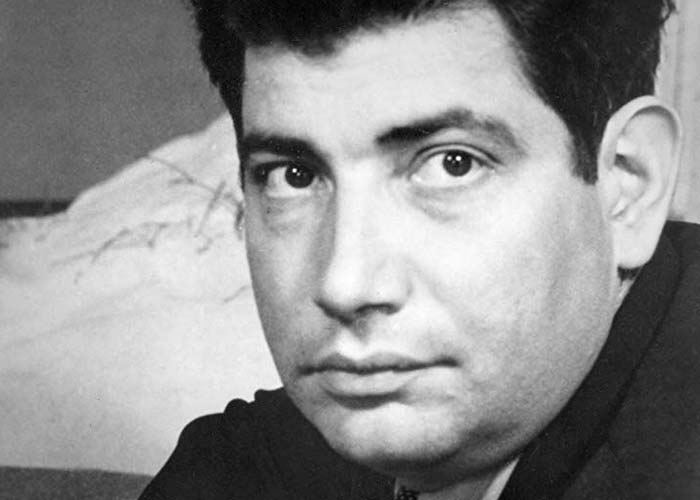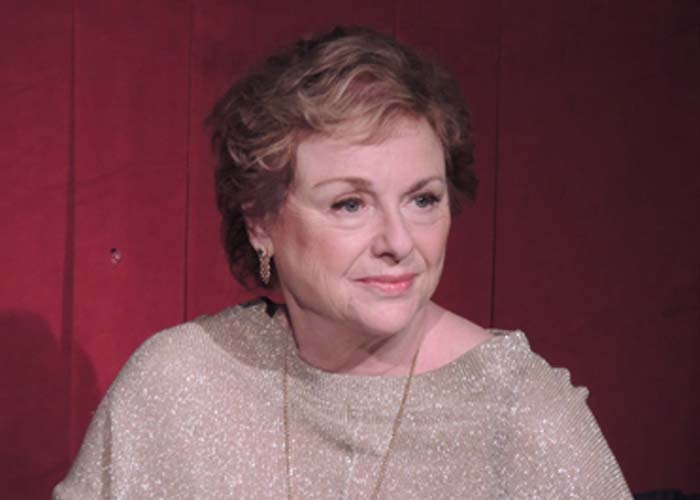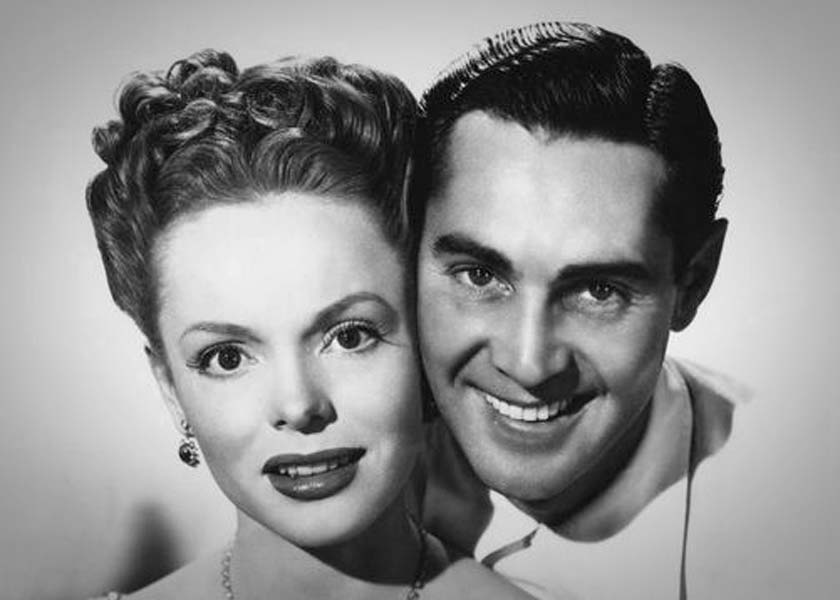Synopsis
In New Orleans at Mardi Gras, Toni DuBois (Coleman) meets handsome soldier Richard
Dick
Connolly (Reed) and spends the night with him. Unsure of their
feelings, they promise to meet again in six weeks. Dick's leave is cancelled, and
his letter of explanation to Toni is not delivered. She believes he did not want
to meet again. She tells her married sister, Renee DuBois Gordon (Lindsay) about
her pregnancy, and Renee, who is childless, proposes that Toni give her the baby.
After Renee takes the baby, Toni agrees not to visit the child for three years. Those years are difficult for Toni who longs to see her child. After two years, she goes to see him and nearly runs off with him. At the end of the three years, she comes to Renee and demands the boy, but Renee points out that Billy (Severn) regards her as his mother. After a long search, Dick finally finds Toni and explains the lost letter. Again Toni goes to Renee and asks for her child. After Billy runs away from her, Toni gives up and admits that Renee and her husband Bill (Toomey) are his parents now. She goes to Dick who is waiting for her.
Discussion

Producers Releasing Corporation (PRC), an independent film production company, was comprised of a group of contract producers. These producers made inexpensive films intended for the lower half of cinema double bills. In general, each film was produced on a brief shooting schedule, with a hastily written script, inexpensive sets, second-class actors, and an undistinguished director. Under these limitations, most PRC films were, at best, mediocre. The films of Edgar G. Ulmer, director of the stylish Universal horror film The Black Cat (1934), are noteworthy exceptions. Despite low budgets and short production schedules, Ulmer turned out stylish, creative, individualistic films, such as Bluebeard (1944), Strange Illusion (1945), and, most famously, Detour (1945).
Ulmer's films are notable for their compelling depiction of the nightmarish situations that envelop his characters. Her Sister's Secret differs significantly from Ulmer's other PRC films. Poignant rather than nightmarish, the drama focuses on the longing of a mother for her child and the resulting painful dispute between affectionate sisters. The plot is based on the social unacceptability of unwed motherhood that stigmatized both mother and child. The script and direction delicately emphasize the emotional dilemma of the sympathetic characters. PRC gave the film's producer, Henry Brash, an unusually large budget that provided for an extended running time, handsome sets, and a quality cast.
Writer Anne Green has only two screen credits under her own name,
Her Sister's Secret and an episode of the television series
Orient Express (1953), although she may have had opportunities to
work on other projects. For example a short notice in Variety in 1945
states that Green and Richard Collins had been signed by Cassidy Productions to
write a script from the novel See What I Mean, though nothing seems
to have resulted from it. Green met and married Oscar-winning screenwriter Howard
Koch when she was his personal assistant during the writing of the script for
Mission to Moscow (1943). She moved with Koch to England in 1951
after he was blacklisted, at least partly due to his work on
Mission to Moscow, which was labeled Communist propaganda. In
England, Koch and Green assumed pseudonyms in order to obtain contract work.
Green, credited as Anne Rodney,
wrote episodes of the English television
series The Adventures of Robin Hood (1955-57). After four years in
England, Koch and Green returned to the US, and Koch resumed screenwriting under
his own name. Green, apparently, ceased writing.
Gina Kaus, author of Die Schwestern Kleh (Dark Angel) (1934) from which Her Sister's Secret was adapted, was an ardent feminist and noteworthy author in her native Austria. Her books, including Dark Angel, Morgen um Neun (Tomorrow We Part) (1932) and Katharina die Große (Catherine: The Portrait of an Empress) (1935), sold well in England and the US. She fled Austria shortly before it was annexed by Nazi Germany in 1938 and within months settled in Hollywood where she joined the mostly male colony of Jewish-Austrian exiles. In 1942 she started writing for films and over the next fifteen years collaborated on stories and scripts for American and, after the war, German films. She published her autobiography in 1979.
Cinematographer Frank F. Planer studied portraiture as a young man but soon switched to photographing actors. He worked in German cinema throughout the silent and early sound eras but left Austria in 1937 and became another exile in Hollywood. His first American film, Holiday (1938), was directed by George Cukor and starred Katherine Hepburn and Cary Grant. At Columbia in the 1940s, he was the cinematographer on five or six programmers a year. From the late 1940s, however, he worked on big budget pictures such as Letter From an Unknown Woman (1948), written by Howard Koch, Decision Before Dawn (1950), Roman Holiday (1953), and Breakfast at Tiffany's (1961). The excellence of Planer's work was acknowledged with three Golden Globe awards and nominations for five Academy Awards.
TCM Film Festival, 2014

Her Sister's Secret was shown as part of the Sister Acts
theme
at the 2014 TCM Classic Film Festival. The guest speakers were Jan-Christopher
Horak, Director of the UCLA Film and Television Archive, and Arianne Ulmer Cipes,
daughter of Edgar G. Ulmer.
Horak and Cipes explained that Her Sister's Secret was an expensive production for PRC, and that the film is one of director Edgar G. Ulmer's best. Ulmer received a trifling $200 a week for a film that did well at the box office and made the studio five to ten times what it cost. Dark Angel, the novel on which the film is based, had been declared immoral and unsuitable for film adaptaion by Joseph Breen, head of the Motion Picture Production Code. The film nonetheless displays a liberal European morality, including no punishment for unwed motherhood and an ambivalent ending. Ulmer, who employed his immigrant friends as actors and technicians, worked often with his friend Fritz Feld and with Margaret Lindsay, whose voice he particularly admired. Although The New York Times did not like the film, but popular movie columnist Louella Parsons recommended it.
Further Reading

